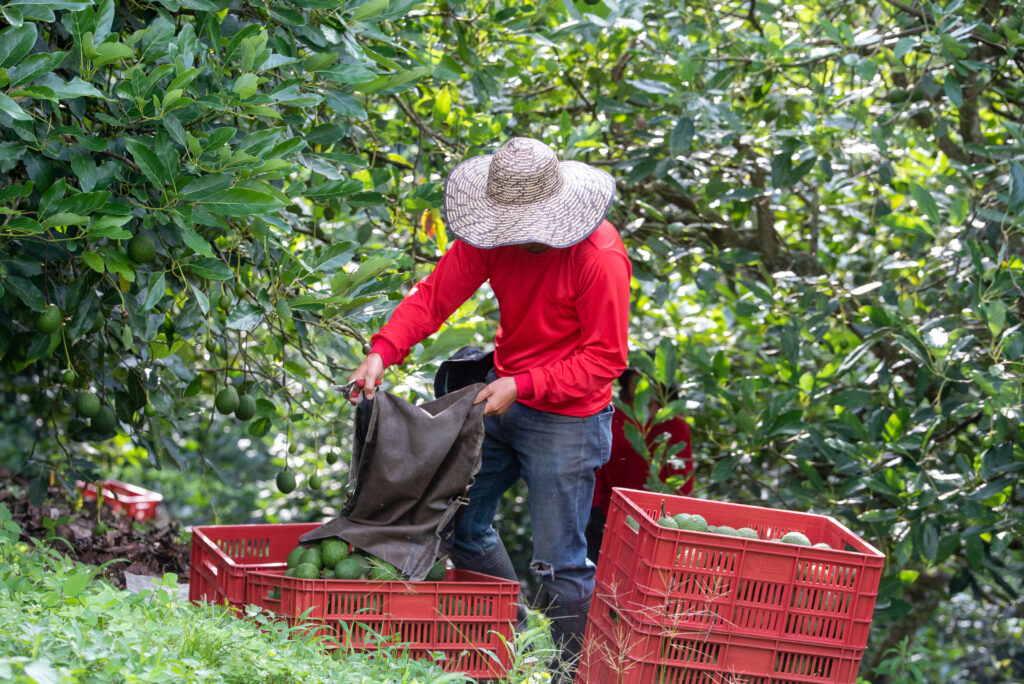
Launching a Strategic Partnership to Drive Food System Transformation
2 April 2024A nutritious and affordable diet remains a struggle for most people in low- and middle-income countries. More than 3.1 billion people around the world—mostly in Africa, Asia, and Latin America—simply can’t afford a diet of nourishing, diverse foods that provide enough essential vitamins and minerals. Our food systems are harming the health of both people and planet, and account for over one third of the global disease burden.
Access to Nutrition Initiatives (ATNi) and HarvestPlus will form a strategic partnership aimed to increase the micronutrient content of staple food commodities procured by food businesses around the world. The partnership is aimed at linking the small holder farmers and food businesses to increase the access of nutritious foods to the consumers.
“Transforming food systems is essential to fight malnutrition and climate change. Our joint efforts will increase the adoption of micronutrient targets by food businesses. This smart approach will impact systems at multiple levels. Farmers will grow more nutritious produce, benefitting everyone from the smallholder farmers who consume food at home to the consumers purchasing food in markets.” said by Jenny Walton, head of Commercialization and Scaling at HarvestPlus.
“The track record, reach and expertise of the ATNi team can accelerate adoption of biofortification in commercial food sector, at mass scale. This will be a game changer in creating awareness and meaningful change in food production”
This partnership will involve promoting the Publicly Available Specifications for biofortified foods, and national fortification legislation, aiding businesses in adapting their procurement specifications. The food businesses have the potential to systematically improve the micronutrient content of the entire food system. Biofortification practices will also be recorded and monitored using ATNi questionnaires, starting with India.
“ATNi is striving to transform markets to deliver healthy and sustainable diets for all. Our resources have been developed on the premise that food manufacturers can make a better contribution to addressing poor nutrition and related diseases.” said by Greg Garrett, Executive Director at ATNi. “We are proud to work with multinational and national food manufacturers and will encourage them to procure biofortified crops as part of their supply chain and produce nutritious foods for all” he added.
When businesses procure staples such as wheat, rice, maize, millets, beans, casava etc., they have specific requirements, including microbiology and food safety, a particular grain size, or protein content. However, micronutrient content is rarely considered. This presents HarvestPlus and ATNI with an opportunity to catalyse change in food systems.
If the food industry and public procurement included micronutrient targets into their sourcing criteria, it would stimulate change in seed development and farming. Seed businesses and farmers respond to market demand; they will adopt what their customers ask for. Including minimum micronutrient levels in procurement will drive this change.
As a result of efforts by HarvestPlus and partners, over 100 million people in farming households were eating biofortified crops by end of 2023. In addition, millions of the consumers are buying nutritious crops from the market. These biofortified, climate-smart crops sustainably improve the health and livelihoods of smallholder farming households and low-income consumers. Biofortification has government support across the globe, with scientific evidence illustrating its positive health impact.
Established in 2013, ATNi called upon the world’s largest food and beverage manufacturers to address global nutrition challenges. Since then, ATNi has scrutinized the private sector’s impact on global food nutrition, assessing over 250 food and beverage manufacturers, generating nearly 50 indexes, and providing independent measurement on corporate behaviour in this space. ATNi’s work has helped improve foods which reach 900,000,000 consumers in 25 countries.

